The International Conference Respect for IP – Growing from the Tip of Africa took place in Sandton, South Africa, from October 23 to 25, 2018. The Conference fostered policy dialogue and served as an incubator of ideas to support an effective and balanced intellectual property (IP) enforcement system.
Discussions covered a broad spectrum of topics linked to the overarching theme of the Conference – from the economic value of IP and its public interest rationale to specific challenges facing different actors involved in IP enforcement and options for their effective handling.
By bringing together a wide range of stakeholders, the Conference created opportunities for collaboration and strengthening of existing partnerships to build respect for IP.
The Conference was attended by more than 400 participants – including government ministers and policymakers, judges and senior enforcement officials, international governmental and non-governmental organizations, businesses, the legal fraternity and consumer groups – from some 70 countries.





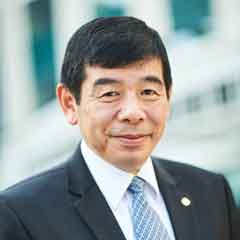

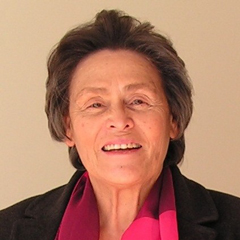 Ms. Joanmariae Fubbs
Ms. Joanmariae Fubbs
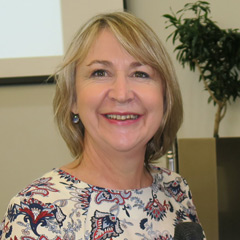
 Mr. Tervern Jaftha
Mr. Tervern Jaftha
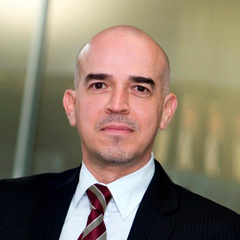 Mr. Jorge Maia
Mr. Jorge Maia
 Mr. John McKnight
Mr. John McKnight
 Mr. Marumo Nkomo
Mr. Marumo Nkomo
 Mr. Darren Olivier
Mr. Darren Olivier
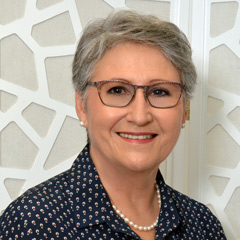
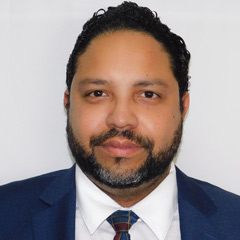 Mr. Regan Asgarali
Mr. Regan Asgarali
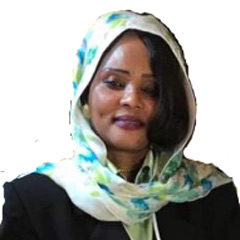 Ms. Maha Bakhiet Zaki
Ms. Maha Bakhiet Zaki Ms. Aline Flower
Ms. Aline Flower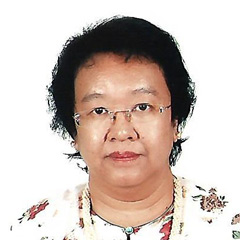 Ms. Rohazar Wati Zuallcobley
Ms. Rohazar Wati Zuallcobley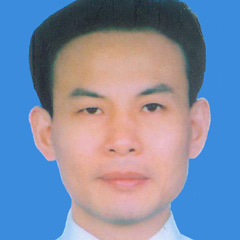 Mr. Meisheng Zhao
Mr. Meisheng Zhao

 Mr. Terry Brady
Mr. Terry Brady
 Mr. Edward Mnisi
Mr. Edward Mnisi
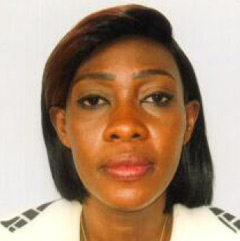 Ms. Néné Amy Ouédraogo
Ms. Néné Amy Ouédraogo Ms. Feifei Zhang
Ms. Feifei Zhang
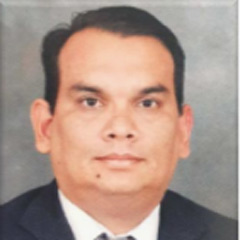 Mr. Randall Zuñiga
Mr. Randall Zuñiga

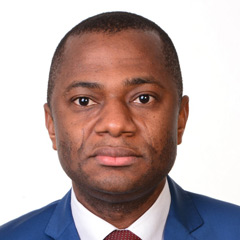 Mr. Maurice Emiola Adefalou
Mr. Maurice Emiola Adefalou
 Mr. Jack Chang
Mr. Jack Chang
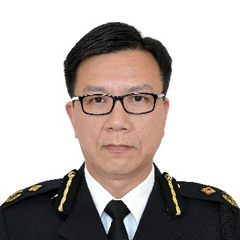 Mr. Ellis Lai
Mr. Ellis Lai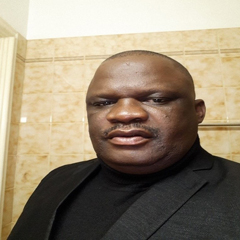 Mr. Willbroad Poniso
Mr. Willbroad Poniso
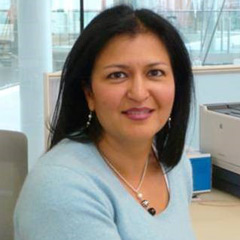 Ms. Meena Sayal
Ms. Meena Sayal
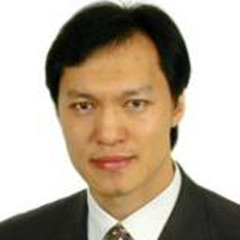 Dr. Daoming Zhang
Dr. Daoming Zhang
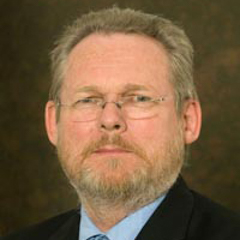 Dr. Rob Davies
Dr. Rob Davies

 Mr. Kwee Tiang Ang
Mr. Kwee Tiang Ang
 Ms. Agata Gerba
Ms. Agata Gerba
 Dr. Keith Nurse
Dr. Keith Nurse
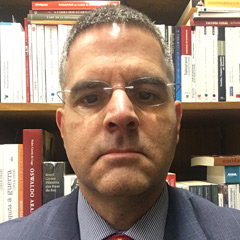 Mr. Daniel Roberto Pinto
Mr. Daniel Roberto Pinto
 Dr. Dominik Thor
Dr. Dominik Thor
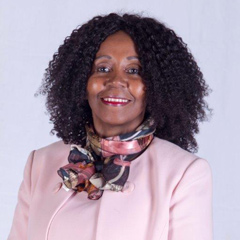
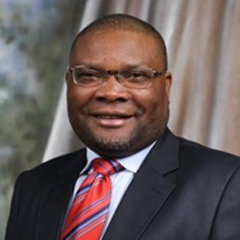 Mr. Rongai Chizema
Mr. Rongai Chizema
 Mr. Lungile Dukwana
Mr. Lungile Dukwana
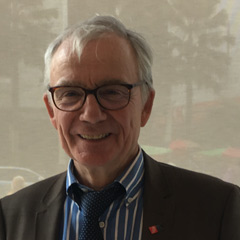 Mr. François-Régis Hannart
Mr. François-Régis Hannart
 Ms. Josephine Santiago
Ms. Josephine Santiago
 Ms. Gidget Alexandria Valdivia
Ms. Gidget Alexandria Valdivia
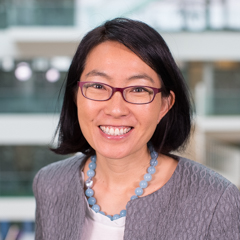
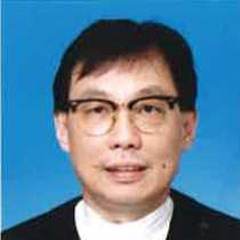 The Hon. Mr. Justice YA Dato' Lim Chong Fong
The Hon. Mr. Justice YA Dato' Lim Chong Fong
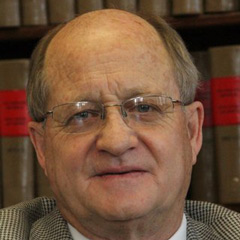 The Hon. Mr. Justice Louis Harms
The Hon. Mr. Justice Louis Harms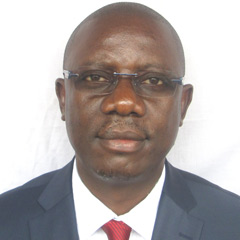 The Hon. Mr. Justice Lambert Max Ndéma Elongué
The Hon. Mr. Justice Lambert Max Ndéma Elongué
 The Hon. Dr. Justice Jan Tolkmitt
The Hon. Dr. Justice Jan Tolkmitt
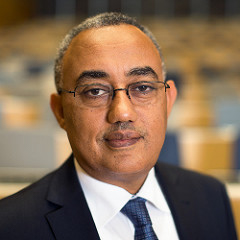
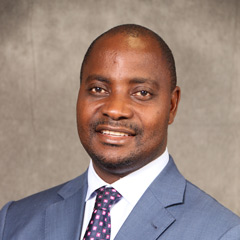 Mr. Fernando Dos Santos
Mr. Fernando Dos Santos
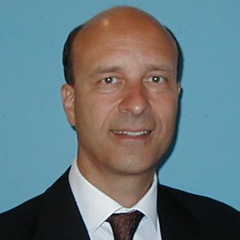 Mr. Roger Kampf
Mr. Roger Kampf
 Ms. Kirstine Pedersen
Ms. Kirstine Pedersen

 Mr. Xiaozhun Yi
Mr. Xiaozhun Yi
